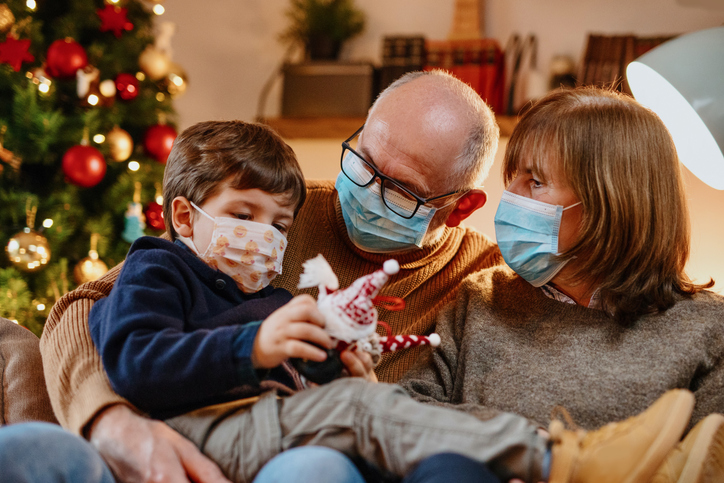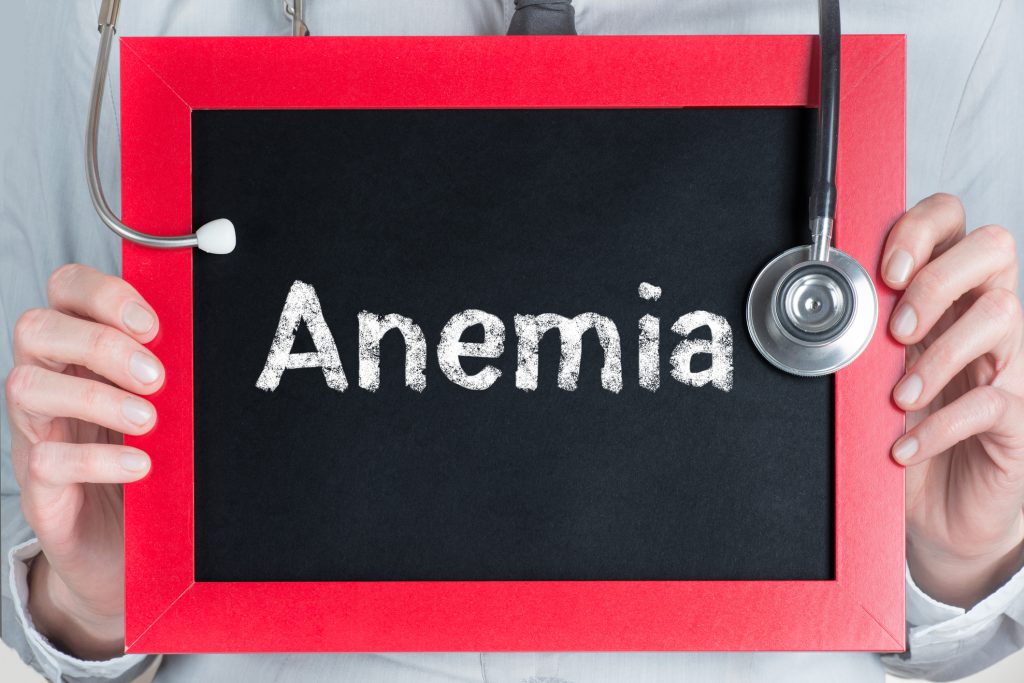
We are proud to shine our employee spotlight on Nicholas DiMaria, Manager of the storeroom at Jamaica Hospital Medical Center. He joined the hospital 11 years ago as a storekeeper and is very appreciative of the opportunities given to be groomed for a leadership position. Nicholas is a native of Queens, New York. He grew up in Woodhaven where he still resides. He attended St. Elizabeth Elementary school, Arch Bishop Malloy High School, both in Queens and then moved on to Wake Technical College in Raleigh, North Carolina where he studied Criminal Justice.
In his free time he enjoys spending time with his wife and the rest of his family. His family is very important to him. He loves all types of food but pizza is definitely his favorite. Nicholas enjoys listening to different kinds of music which range from classical, to rap, rock, freestyle and country. He likes to play video games and has a passion for football and hockey. One of his hobbies is collecting sneakers. He enjoys traveling and has visited several islands. His favorite destination is Walt Disney World in Orlando.
Nicholas has several pets. These include a 16 year old pit bull, a four year old Pomeranian, and three cats.
Nicholas has the utmost admiration for the hospital and also for the community that we serve. To him working with his colleagues is more than just a job, it is like an extended family. We are very thankful to have Nicholas as part of our team and we look forward to having him with us for a very long time.
All content of this newsletter is intended for general information purposes only and is not intended or implied to be a substitute for professional medical advice, diagnosis or treatment. Please consult a medical professional before adopting any of the suggestions on this page. You must never disregard professional medical advice or delay seeking medical treatment based upon any content of this newsletter. PROMPTLY CONSULT YOUR PHYSICIAN OR CALL 911 IF YOU BELIEVE YOU HAVE A MEDICAL EMERGENCY.









